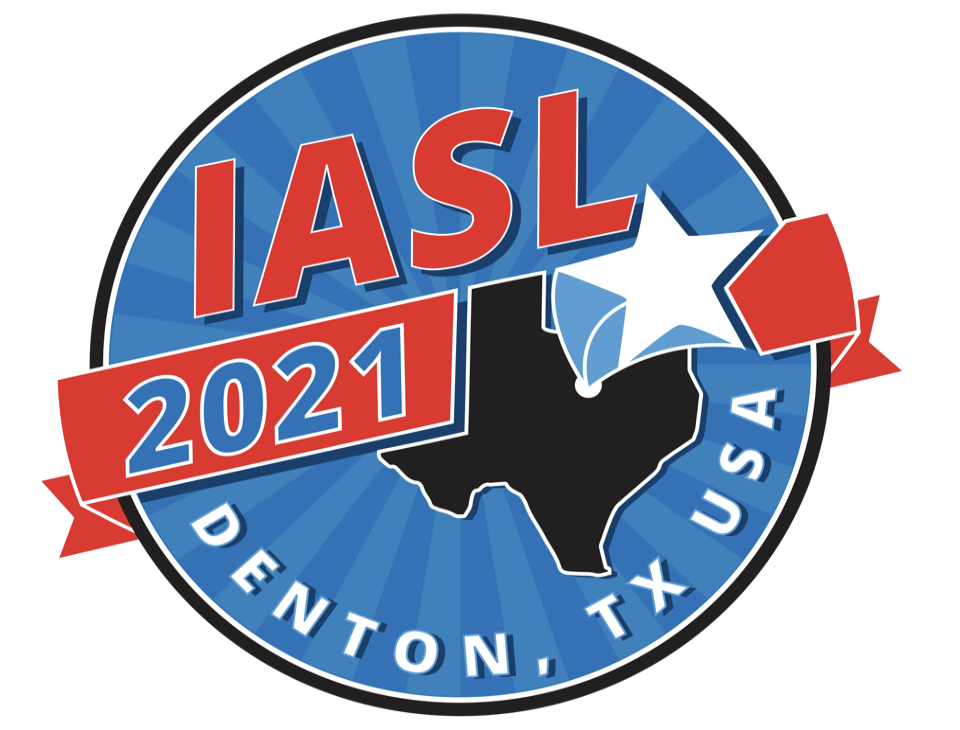Commonwealth Caribbean Disability Access Policies: Access to Educational Institutions and Libraries
DOI:
https://doi.org/10.29173/iasl8292Keywords:
disability acts, Caribbean, UNESCOAbstract
Disability Acts are aimed at providing disabled students with both physical and intellectual access to education. The research takes into account UNESCO’s mission and Universal Declaration of Human Rights (1948) that education as a fundamental human right lies at the heart of equal access. The document analysis approach was used to select six Caribbean countries’ disability Acts to examine the kind of access indicated for educational institutions and libraries. The roles of the stakeholders who are expected to implement the Acts were also examined. Additionally, document analysis was used to determine if what was seen in these Acts were actually being implemented. The disability Acts selected were those from a Commonwealth Caribbean country that developed national policies or acts on disability and that the Acts had specific articles on access to education for disabled persons. It was discovered that the clauses with regards to access and stakeholders’ role in implementing the Acts were very limited. There is also a significant gap between what is written in the Acts and what is actually taking place. One recommendation that was suggested was that each country treat their Act as a priority as equal access is a human right as emphasized by UNESCO.
Downloads
Published
Issue
Section
License

This work is licensed under a Creative Commons Attribution-NonCommercial 4.0 International License.




